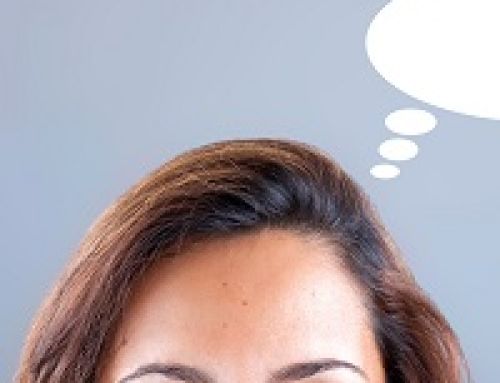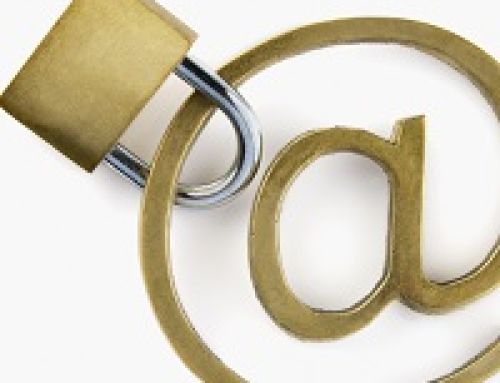Dependency Paradox: Healthy Dependence
Jasbina Ahluwalia asks Dr. Amir Levine, author of Attached: The New Science of Adult Attachment and How it Can Help You Find- and Keep- Love: We have the anxious, secure and avoidant attachment styles.
Your book discusses what you call the “dependency paradox.” Please tell us about that.
_____
Dr. Amir Levine
That’s very important. I’m glad that you’re asking about that.
In order to understand what attachment style you are, we have quizzes. We teach people how to learn this new language. What does it mean?
How are you able to tell what attachment style you are and what other people are?
We also have a quiz online on the book’s website that you can take in order to determine what attachment style you are.
In the book, we show you how to tell what attachment styles other people are.
In the way that I described it to you, you can see where a lot of the relationship drama lies.
Dependency Paradox: Unhappy Relationships
For people who don’t get along, who have a lot of fights and are unhappy in relationships, it’s because of the particular combination of the anxious and avoidant styles. That is a very difficult combination.
One loves a lot of intimacy and closeness. They crave to be close and intimate. They also worry a lot about not being loved back. They are very sensitive to small cues that might suggest that the other person doesn’t love them as much as they love that person.
The avoidant style is the opposite. They don’t like too much closeness. They see it as an infringement on their independence and self-reliance. They think you should take care of yourself. They keep their distance. They put a lot of question marks and threats into their relationship. That’s what the anxious style is sensitive about.
There are a lot of fights between them. They just don’t get along very well. However, they become attracted to one another for some reason.
Avoid Dependency Paradox
A lot of times, people who are anxious find themselves attracted to someone who is avoidant.
We tell people, when you go out on a date, you really have to figure out what attachment style you are. If you’re secure, you can probably manage both of them. If you’re anxious and avoidant, you want to stay away from the opposite of what you are. That is a recipe for unhappiness in relationships.
That leads to the dependency paradox.
Defining Dependency Paradox
People have this mistaken idea that, when you come into a relationship, you have to maintain your independence and that dependency is a bad thing. If you really understand attachment, you will realize that we don’t have a choice.
Once we choose someone else and make them special and unique for us, we become thoroughly dependent on them. That’s just our biology.
There was a huge advantage in evolution in pairing up this way.
Dependency Paradox: Survival Tool
If you are so dependent on one another, you become like one physiological unit. We are the descendants of those who paired up in that way. There is a huge survival advantage.
Back in that time, there were dangers. It was good to have someone next to you telling you, “There is a tiger on the right. There is something else on the left.” You were working together to survive. We are the descendants of those who paired up like that.
The advantage wasn’t, “It’s nice if you’re next to me. I can take it or leave it. If you’re not here, I’m okay.” It’s really, “I need you by my side. I need to know where you are. If I don’t know where you are, I’m going to feel very uncomfortable until I reestablish contact with you.” We all have this system in our brain.
Dependency Paradox Example
For example, if I were to tell you that, God forbid, there is a terrible natural disaster right now where your loved ones are, it will be very hard for you to continue listening to this interview.
You will have to run out and make a phone call to make sure that they’re okay. That’s an example of our attachment system in the brain. It’s almost like a surveillance system to make sure that we know where our loved ones are and that they’re okay.
_____
Tell Us:
Do you see the dependency paradox playing a role in your relationship? Share your experiences with us below in the comments section.
______
The above is an excerpt from Jasbina’s interview with Dr. Amir Levine
The entire interview transcript is at: Amir Levine Interview – Insights on Dating From A Psychiatrist And Neuroscientist
Listen to the entire interview on: Intersections Match Talk Radio – Jasbina’s Lifestyle Show
Listen to the entire interview on Blog Talk Radio: Insights From A Psychiatrist – Dr. Amir Levine Discussion – Author ‘Attached’
Listen to the entire interview on iTunes
_____





